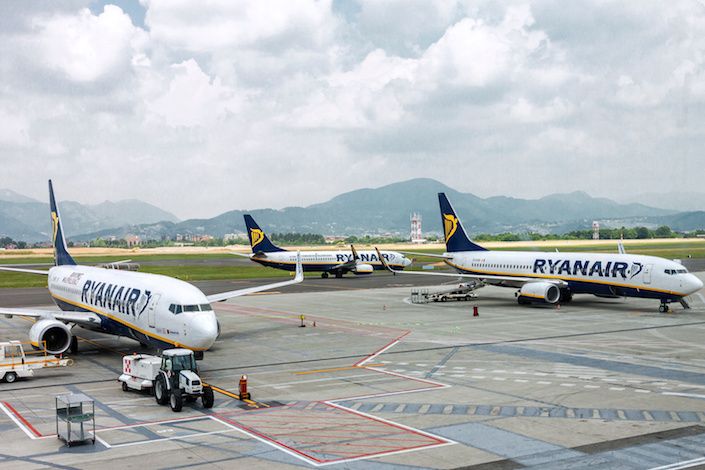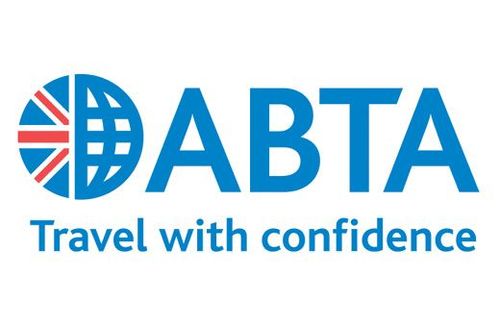Where travel agents earn, learn and save!
News / Ryanair, Wizz Air & easyJet gear up for record summer demand
European low-cost airlines are optimistic about summer travel demand and are preparing for record passenger numbers

European low-cost airlines are expressing optimism about travel demands for the upcoming summer and are preparing for record passenger numbers. Ryanair, easyJet, and Wizz Air, some of the biggest players in the region, are ramping up their capacities for the Northern Hemisphere summer season, citing early signs of strong demand and rising ticket fares.
Coming out of a strong 2023, airlines are anticipating an even busier 2024 as demand fully recovers, if not exceeds, in some markets, the pre-COVID 2019 level. OAG data suggests that 817.5 million seats are scheduled by European carriers for the upcoming summer, a record high for the European market.
Projecting more profits than 2023
2023 was a remarkable year for airlines around the world, including European airlines. Globally, passenger traffic was 94.1% of the pre-pandemic level. Europe claimed the top spot as the largest market through December 2023, with traffic and capacity both seeing double-digit growth.
Air traffic provider Eurocontrol recorded similar levels in its end-of-year results, noting surges in capacity despite poor on-time performance. During December, the region exceeded pre-pandemic international traffic levels for the first time based on Revenue Passenger Kilometers (RPK), at 0.8% growth.
In 2024, adjusted operating profits for the six largest European carriers are expected to hit €10.5 billion ($13.2 billion), according to estimates from FactSet, up from €9.2 billion ($11.6 billion) in 2023.
Demand exceeds supply, driving up fares
Average airfares across Europe were between 20 and 30% higher over summer 2023 compared with 2019, according to EU data published in October.
The high ticket price is partly driven by the lack of capacity. Airlines in Europe are struggling to keep up with the demand, especially after shrinking their fleets during the COVID-19 pandemic to save costs. In addition, the industry is challenged with supply chain issues that are affecting operations and slowing deliveries, which would allow for growth.
Despite finding ways to ramp up capacity, most European airlines remain at a capacity level similar to before the pandemic. Lufthansa, for example, resorted to reactivating aircraft it retired and expanding the fleet with second-hand airplanes. Ryanair, on the other hand, took delivery of a whooping 50 Boeing 737s in 2023, the most of any European airline, in response to growing demand.
Low-cost carriers are enjoying more flexibility and greater profit in this period as they are not burdened with widebody aircraft and mostly do not fly long-haul. The short to medium-haul market saw an earlier recovery and therefore an earlier opportunity for the airlines to respond.
However, the supply chain and delivery issues are expected to haunt the airlines well into 2024. Ryanair has already had to adjust its schedule for the upcoming summer due to delivery delays at Boeing, which will see the airline taking five to ten fewer airplanes than previously planned.











